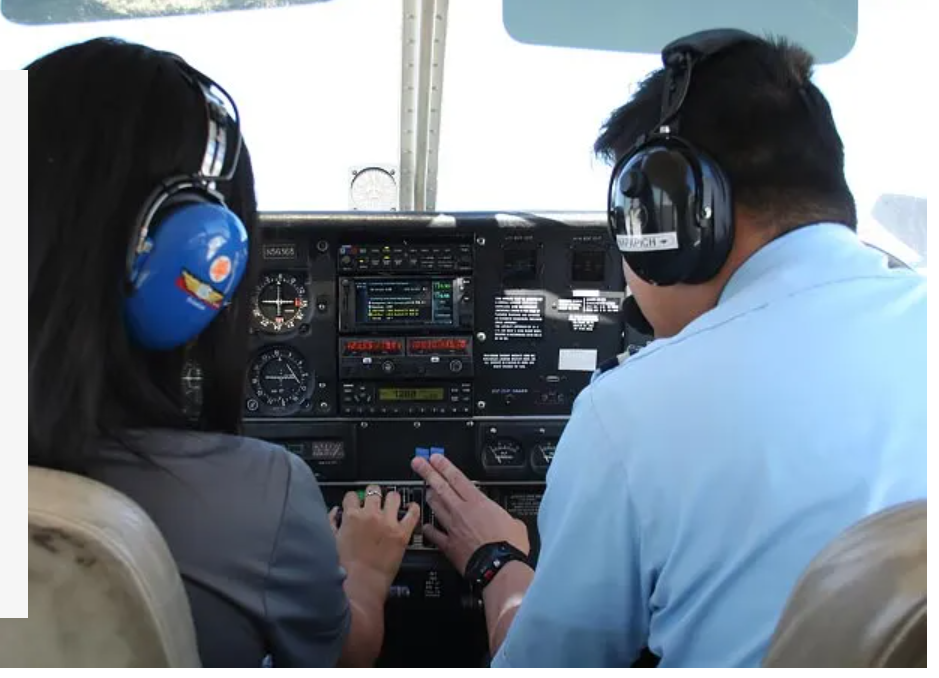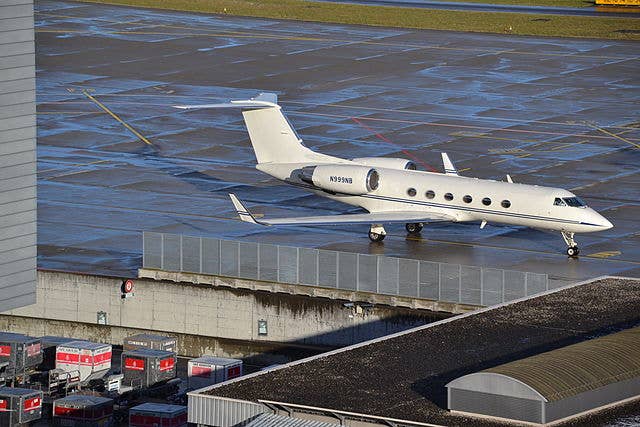Study Indicates Even ‘Mildly’ Depressed Pilots May Be Compromised
The good news is, according to a study conducted by medical publisher Cureus, 88 percent of airline pilots tested (voluntarily) demonstrated “minimal” symptoms of clinical depression—the lowest category in the…

Image: FAA
The good news is, according to a study conducted by medical publisher Cureus, 88 percent of airline pilots tested (voluntarily) demonstrated “minimal” symptoms of clinical depression—the lowest category in the protocol. Further, none of the pilots recorded scores that put them in the top two of four categories for clinical depression. The not-so-good news is that the 12 percent who demonstrated “mild” depressive symptoms—the next-to-lowest category—exhibited measurable impairment in executive functioning (EF).
The testing concludes that the EF impairment “suggests a reduced processing speed” and implies “an increased level of cognitive interference,” suggesting that “airline pilots with mild depression may find it more challenging to inhibit cognitive interference, thereby struggling with the effective management of conflicting information.”
According to the study report: “Airline pilots routinely grapple with substantial stress levels, not only stemming from their profession’s responsibility but also from factors like disrupted circadian rhythms, diminished sleep quality, intense workload, and personal challenges. Compounding these stressors can predispose pilots to mental health conditions, particularly depression.”
While the testing administrators acknowledged limitations in the sampling of the 100 subject pilots (because the participation was voluntary and due to limited demographics among the airline pilot population; they were all men, with minimal examples of ethnic minorities represented), the research concluded: “Considering the harmful effects of depressive symptoms on EF [executive functioning] unveiled in our study, along with the clear safety implications, it becomes imperative to establish proactive mental health screenings and support services for pilots. Addressing and treating depressive symptoms in this context could potentially enhance EF and, consequently, improve job performance and safety outcomes.”






